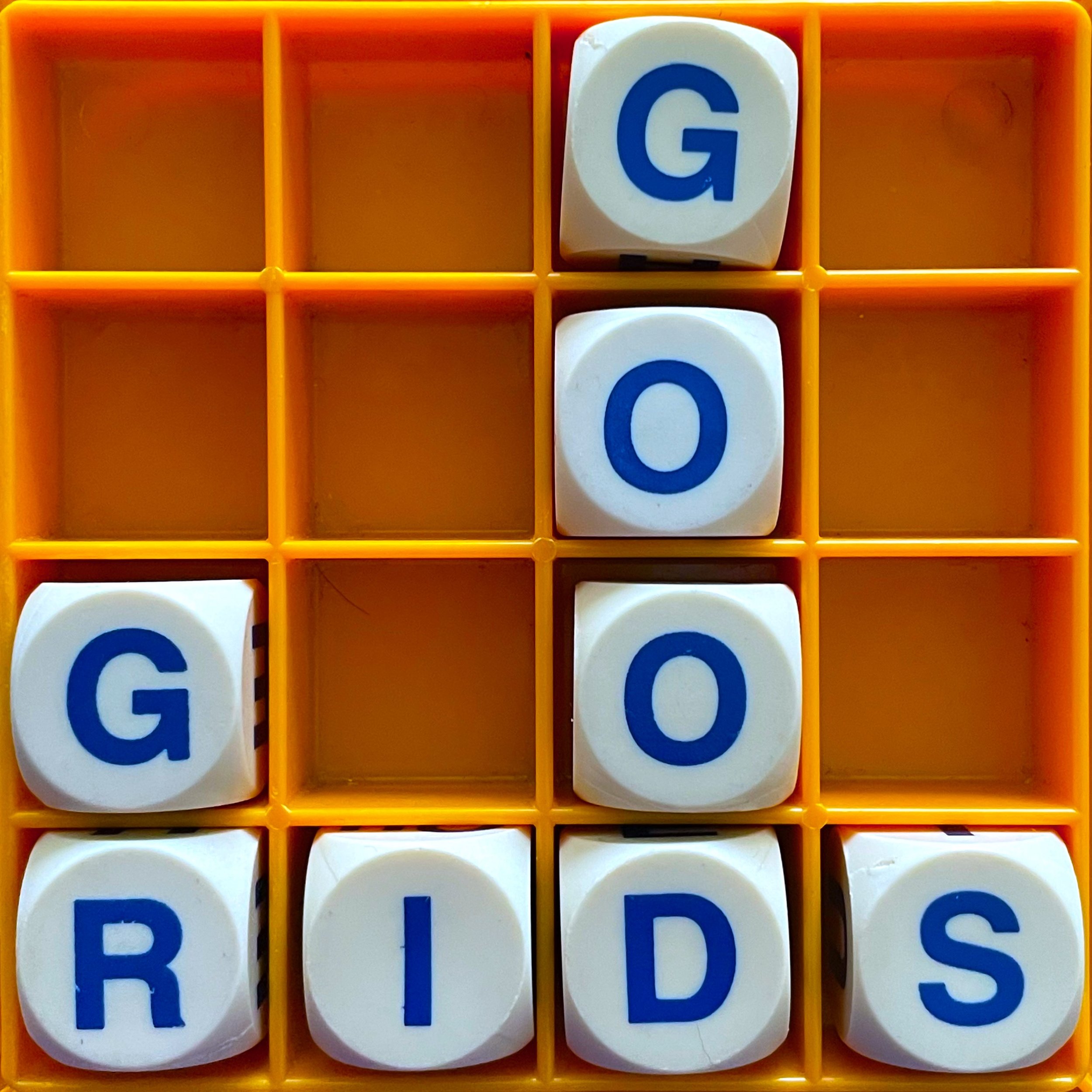ERIK AGARD: What I see a lot in crosswords is, I think, not unique to crosswords where historically they've been for a very specific cross-section of an audience. They're written with certain people in mind, and certain other people not in mind. And I think we're starting to see the tip of the iceberg of some changes that expands the range of who they're for.
Read moreAllusionist 190 Craters - transcript
ANNIE LENNOX: It really all came to light when I got the opportunity to name my first feature on Mercury - which was, side note, one of the most exciting things. To find something that is scientifically significant and then to get the chance to name it on another planet: super cool.
Read moreAllusionist 157 Queerbaiting transcript
LEIGH PFEFFER: I think people are a little too quick to ascribe the term ‘queerbaiting’ to anytime they see something that doesn't necessarily sit right with them on instinct. There's a tendency at this point to kind of use it as a synonym for bad representation. I think that there's a disconnect and a mismatch between what younger viewers nowadays are kind of expecting in queer representation versus what pop culture is providing. People are getting used to more representation. They want to see better representation. So let's talk about that. Let's talk about how do we get better representation? What do we call it when we have specific tropes that might lead to harmful stereotypes, instead of lumping everything under this term ‘queerbaiting’ - because if we muddy a term like that, it loses its meaning. We need to be intentional with the language we're using when we're discussing queer representation in media, because we're at a fragile point. We have to have the right language to criticise it.
Read more


